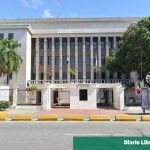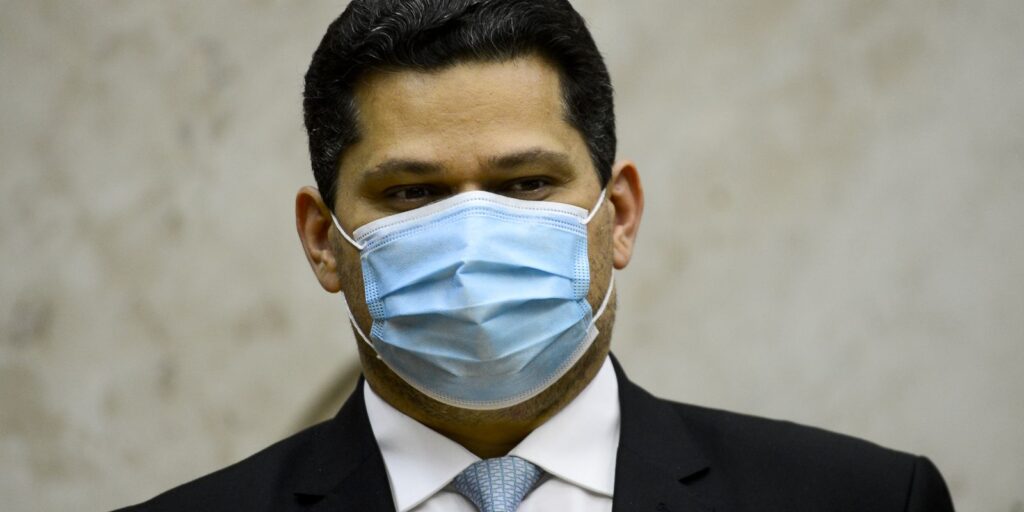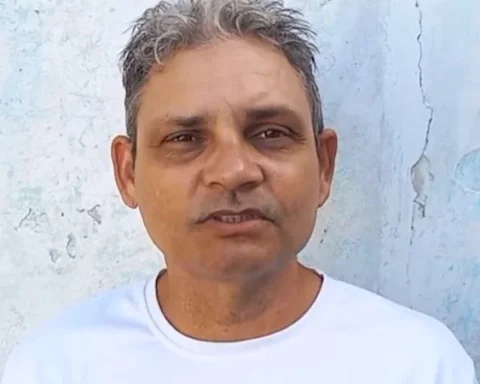Through a unanimous ruling, the Third Chamber of the Supreme Court established that the Public Ministry must deliver all internal communications that were related to the investigation that was carried out against former senator Fulvio Rossi.
Thus, the chamber of the highest court – made up of Minister Sergio Muñoz, Minister Adelita Ravanales, Minister Roberto Contreras, lawyer (i) Diego Munita and lawyer (i) Carolina Coppo – determined that all these contacts are framed in the Transparency Law and that, as it is the body that prosecutes crimes, it must have a high standard in its level of transparency.
The case came to the hands of the Supreme Court after the lawyers Ciro Colombara and Aldo Díaz filed a complaint on behalf of Rossi, who was acquitted in the investigation of the SQM case.
The lawyers requested access -via the Transparency Law- to the internal communications of the prosecution during the processing of this case, including those of the former regional prosecutor of Valparaíso, Pablo Gómez, and the national prosecutor, Jorge Abbott. Colombara and Díaz accused that only partial information was given to them.
In its resolution, the highest court established that the information required is of a public nature, so its disclosure does not affect the operation of the Public Ministry or hinder any ongoing investigation.
For the Third Chamber of the Supreme Court, “it should also be pondered that the Public Ministry is an autonomous body and without political responsibility, which implies greater autonomy and authority that should entail – in accordance with the principles of probity and transparency – less secrecy. and/or more publicity. Regarding the task of investigating crimes and simple crimes, the Public Ministry must only submit to the principles of exhaustiveness and objectivity, however, there is no way that a person who is being investigated can control whether the activity of the agency in question is or not successful, for which the publicity of its actions must be the very general rule and its exceptions must be interpreted restrictively and specifically, since -as it was anticipated- the Public Ministry is subject to the principles of transparency and publicity, which will allow citizens can evaluate it through public scrutiny of their actions”.
Regarding the emails, the court held that “thus then, the emails that emanate from institutional mailboxes –and that are merely internal work as the appealed judges qualify it– should be considered public information –and not as erroneously do the appealed – as it is prepared with fiscal funds. At the same time, the conclusion reached with the merit of the measure should be reiterated to better resolve, in the sense that, having carried out a substantive analysis of the content of the documents exhibited, it is not categorically about information that could affect the function of the Public Ministry. and, therefore, it is not covered by the grounds for alleged reserve either.”
Lawyer Ciro Colombara indicated that “we are very satisfied with the unanimous decision of the Supreme Court, because it establishes a very clear criterion in terms of transparency, access to public information in public bodies, in this case the Public Ministry.”
“When officials, lawyers from the Public Ministry, unjustifiably persecute a person who has even reached the Supreme Court, which has ruled in his favor, as happened with Don Fulvio Rossi, and despite that they maintain an absolutely unfounded judicial persecution, it is key as we requested, to know the internal communications of the regional prosecutor at that time, Pablo Gómez, with the national prosecutor and with other bodies within the Public Ministry, “he added.
Colombara explained that “we have the right to know that information. What the Supreme Court has done in a 40-page unanimous ruling, via a complaint appeal, is to recognize our right to access public information. In this case, all internal communications between the then regional prosecutor, Pablo Gómez, and the national prosecutor will have to be delivered. We are going to be able to analyze them in any format in which those communications have been. On that, we are going to make decisions regarding legal actions for an absolutely unjustified judicial persecution.”
For his part, the lawyer Aldo Díaz pointed out that “it is also valuable and draws our attention, positively, the development as a basis for the international human rights ruling and even citing the European Court of Human Rights. It is a ruling that sets a precedent and that is clearly going to mark a jurisprudential trend that we highly value.”
Read the full ruling in the following link.


















